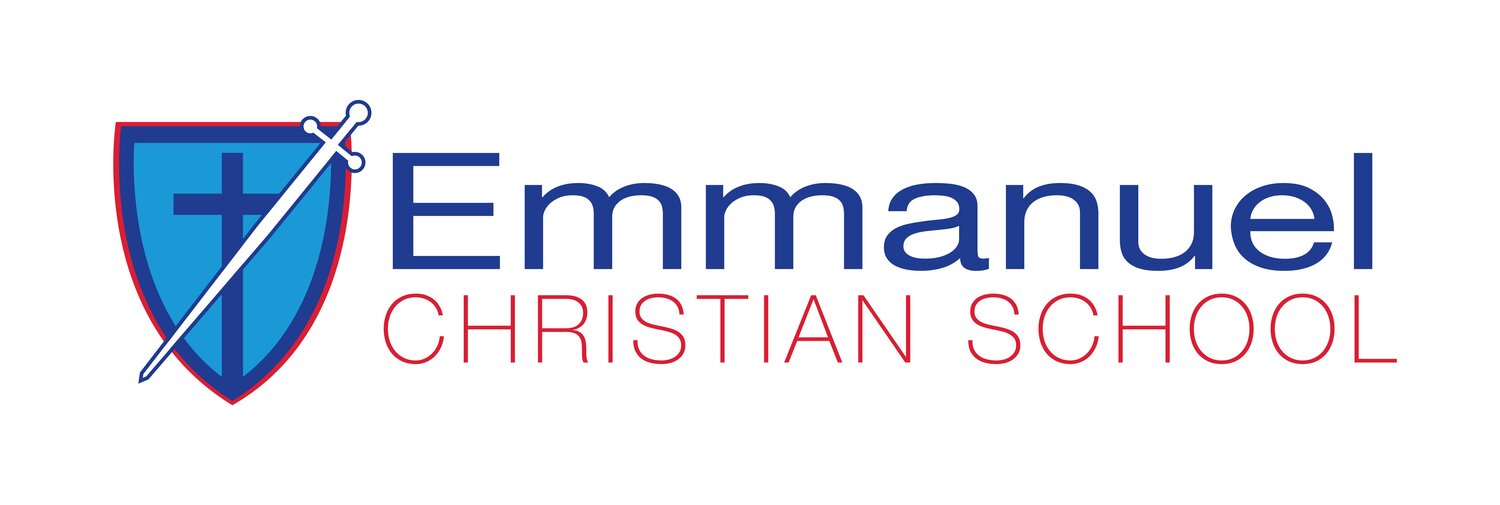This year I can officially and safely say I have adult kids, and I can freely talk about Enrichment and Consolidation Work (ECW) aka ‘homework’. I know what a necessary grind it can be because I walked and lived it for the past two decades. Whilst debate rages on the value and purpose of ECW as a teacher and a parent, I have seen how invaluable it is in the educational journey for my children as students, and now in tertiary education. This journey does not necessarily have to end at uni or VET, but in our students acquiring life skills of literacy, numeracy, resilience, organisation, time management, and prioritisation, just to name a few. Our students unsurprisingly would rather be out playing or hanging with friends rather than consolidating and getting enriched, and our collective duty is reinstating and instilling positive habits, views about ECW even in a world where sadly, the value of education is contested. What makes ECW invaluable is that it:
Places value in the process and not products of learning. Knowledge trumps grades and perseverance trumps points.
Nurtures independent competence work over competition and perfect scores.
Enables lifelong learning over short-term achievements. It’s not about the perfect score today, or the meticulous poster but more about our students taking responsibility for their learning, remembering to do it, submitting it, and maintaining their diary.
What is our responsibility as parents when it comes to ECW? The temptation is for us to work through it with them or even help with the solutions or the extra-touch, I honestly get that; however, our focus needs to be on the long-term goals. Three things we need to do:
Encourage
Every child, irrespective of their gifting, will at a certain point need help. In those moments let us encourage and not rescue. We don’t have to type it out for them or hold the sharpies and colour for them, but rather teach them how to approach problems. We need to show them that we trust their competency. Encouragement helps them push through frustration into learning and the knowledge that success involves perseverance.
Support
We need to be present but not necessarily hover over them. We need to be near but not intrusive. This involves us doing our thing whilst they take care of their own business. This signals that we trust them to be responsible and get things successfully done without constant nagging and prodding.
Redirecting
As they encounter difficulties in their learning, our students may need re-direction through careful redirecting questions that sharpen their focus on the problem. When we redirect instead of telling them, we instil in them the confidence in their capacity to resolve challenges with persistence. This raises their ability to stick it out next time they face challenges. Whilst we cease prioritising their short-term happiness, we equip them for life. This, I think, is what the wise king Solomon had in mind when he says,
“Train up a child in the way he should go, and even when he is old, he will not depart from it” (Proverbs 22:6)
We owe it to our students to learn that they can succeed without our help but guidance. We owe it to them to know that grades, scores, and points are not the final and ultimate outcome, but there is more to education and learning. Our purpose to teach them how to learn.
May God bless you! Our school, state, and country. Emmanuel!
Lifeas Kapofu - Principal

